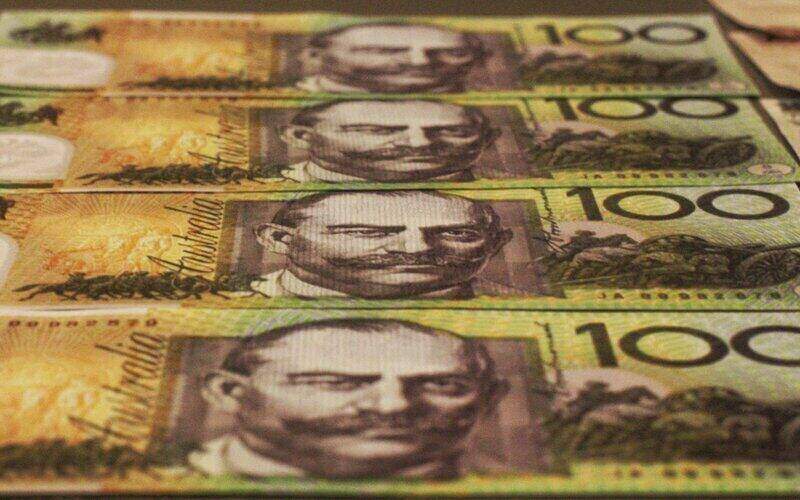The survey of 1,000 Australians revealed a significant number would be at risk of severe financial stress if they encountered problems that affected their ability to work.
Only 45.5% of respondents said they could cover an unexpected $1,000 emergency expense with their savings, while more than half (55.5%) of respondents could only cover living expenses for up to three months if they suddenly lost their job.
Alarmingly, almost one in three surveyed had struggled to pay for essentials, such as food, housing, utilities or health care in the last year (30.2%).
Of those who own a credit card, 48% of those surveyed don’t pay off their closing balance every month.
Check out a summary of more of the key findings below.
Dealing with a major expense
- Less than half of respondents (45.4%) could cover an unexpected $1,000 emergency expense with their savings. This suggests they have little to no savings set aside, and an emergency expense of $1,000 would force more than one-third of those Australian’s into unexpected debt.
- 19.1% of respondents would reduce spending on non-essential items.
- 15.7% of respondents would borrow from family or friends.
- 12.6% of respondents would finance the cost with a credit card & pay it off.
- 7.1% of respondents would take out a personal loan.
Covering living expenses if you lost your job
- More than half of respondents (55.5%) could only cover living expenses for up to 3 months.
- 18.7% of those respondents would only be able to cover living expenses for less than 2 weeks.
- 31% of respondents could cover living expenses for longer than 6 months.
- Younger Australians would be the most likely to struggle financially, with 47.6% of respondents aged 18-24 admitting they would only be able to cover living expenses for up to one month.
- Male respondents could bear losing their associated income longer than females, with 36.3% of males being able to cover living expenses longer than six months, as opposed to 25.6% of females.
Financial struggles in the last year
- Almost one in threw Australians surveyed have struggled to pay for the essentials, being such as food, housing, utilities or health care in the last 12 months (30.2%).
- Australians aged 18-24 were most likely to struggle to pay for food, utilities and housing in the last 12 months, with 44.1% of respondents in that age bracket admitting to having struggled to pay those costs.
- The younger the respondent the more likely they were to say they had struggled financially in the past year, while the older the respondent was less likely to report struggling to pay for everyday costs.
Credit cards
- 48% of respondents who own credit cards do not pay off their closing balance every month.
- 18-24 year-olds were the most likely not to own a credit card, with 55.7% of respondents saying they don’t own one.
- 35-44 year-olds were the most likely to have the highest credit card debt, with 22.1% of respondents saying the have more than $5,000 in overdue credit card debt.
- Males were significantly more likely to own a credit card, with 66.4% of male respondents owning one compared to 56.6% of female respondents
- Males were also more likely to have large amounts of credit card debt, with 16.2% of respondents admitting to having more than $5,000 overdue in credit card debt compared to 11.8% of females
Delayed pay
- 43.1% of Australians surveyed would struggle financially if their pay was delayed by two days.
- 18-24 year-olds were the most likely to borrow money, with 19.3% admitting they would do so in this situation.



 Brooke Cooper
Brooke Cooper


 William Jolly
William Jolly


